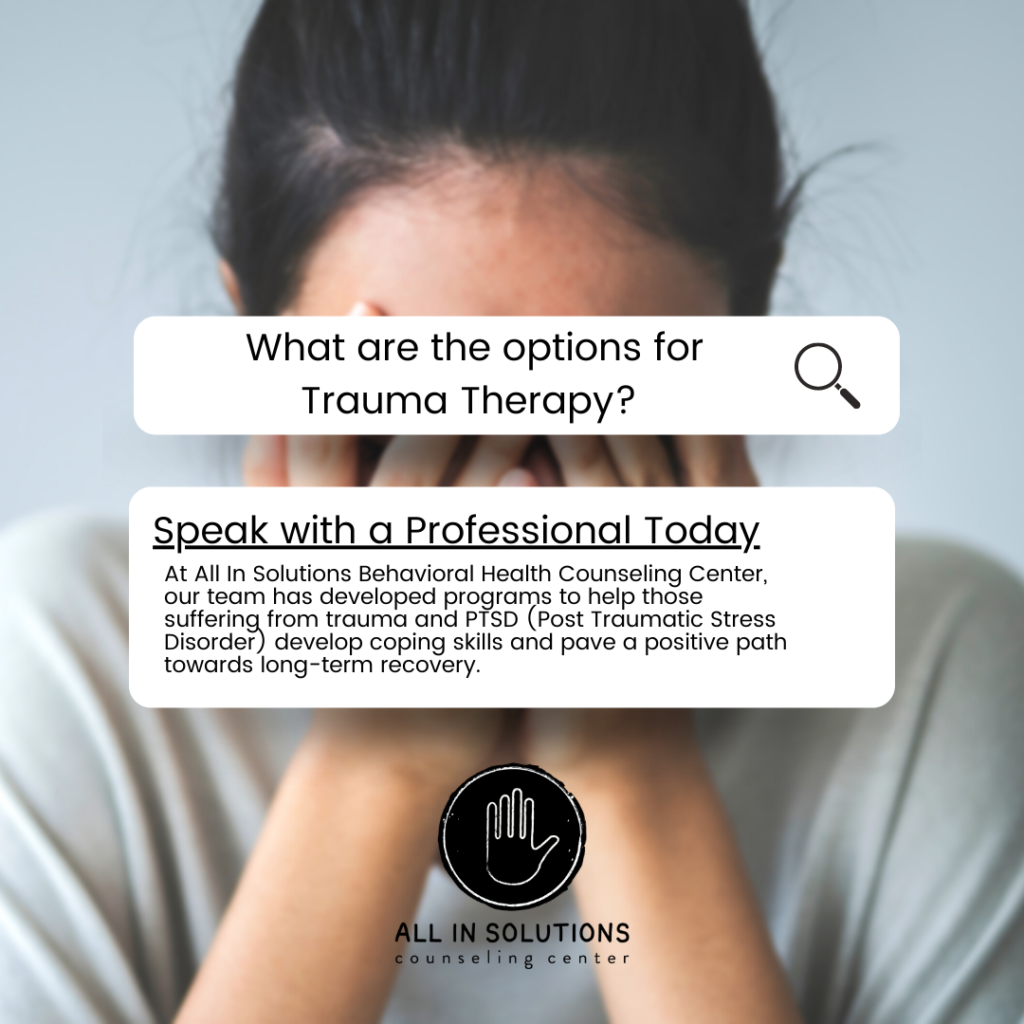Why Addiction Treatment Integrates Trauma Therapy
Trauma therapy is a treatment option that addresses the psychological and emotional impact of traumatic events. During the process of treatment, clients learn healthy ways to cope with trauma, but these may not always be obvious to them. Substance abuse is one such unhealthy way to cope with trauma. Substance abuse can lead to a wide range of unpleasant side effects, including depression, anxiety, lack of self-esteem, chronic anger, and flashbacks.
Indirect trauma
Indirect trauma is a form of psychological injury that occurs when something affects another person in a negative way. It is also known as vicarious trauma, compassion trauma, or empathic strain, and it is often seen by therapists who work with survivors of trauma. Indirect trauma is often characterized by symptoms that are similar to those of direct trauma. They include intrusive imagery, physiological arousal, avoidance, and disruptions in the ability to control emotions and boundaries.
Trauma triggers include witnessing violence, experiencing disruption in caregiving, or witnessing abuse. This type of trauma is often the cause of addiction. Regardless of the type of trauma, it is important to consider the impact the trauma may have had on the victim. For example, the abuse may have occurred years ago, but the patient may have just discovered it now. In either case, the psychological scars of the experience are lasting, and proper intervention is crucial for recovery.

EMDR
Trauma Therapy Drug Rehab using EMDA is a powerful tool that focuses on rewiring the brain to process stressful experiences. The therapy focuses on a person's emotions, bodily sensations, and negative thoughts. It also uses devices to reorient the brain's mechanisms, including flashing lights, beeping machines, and sound.
During EMDR therapy, the therapist focuses on specific traumatic experiences, called targets. This helps the patient deal with these traumatic memories while lessening their impact over time. The therapy consists of a preparation phase in which the therapist teaches the patient to identify "targets" and assess how trauma affects them emotionally. The next phase is a re-evaluation phase in which the therapist assesses the effectiveness of treatment. The therapist may change the focus of the therapy or adjust the intensity of the therapy as needed.
Trauma is a common cause of addiction. Around 90% of drug addicts have suffered some form of trauma. Many sufferers try to numb their traumatic memories with drugs or alcohol. However, these drugs and alcohol only numb the symptoms. Because EMDR works to reprocess feelings, it can reduce the need for drugs.

Cognitive behavioral therapy
Cognitive behavioral therapy is a type of treatment that uses behavioral analysis to change a person's thoughts and behavior. Using role-play exercises, this form of therapy helps patients to see situations in a different perspective and learn to control their reactions. A good drug rehab will also offer a wide array of cognitive behavioral therapy methods.
Cognitive behavioral therapy is also an effective tool for treating an addiction, because it can help the person identify the negative automatic thoughts that compel them to use substances. These thoughts often arise from internalized feelings of self-doubt or fear. These thoughts are often painful and often lead to the self-medicating behavior of alcohol or drug use. By resolving these issues, an individual can overcome their addiction and achieve a better mental state.
Group therapy
A group therapy program can be helpful for clients who are struggling with substance abuse. This treatment option aims to help them build a support system and cope with recurring triggers. The group leader is responsible for monitoring client participation and detecting signs that may indicate a relapse. It is crucial that the clients feel safe and secure in their recovery.
During group therapy, addicts are able to share their experiences and learn how to overcome their addiction. A therapist will facilitate the group sessions and provide feedback. Through this, the group will better understand themselves and their behavior, and it will help them make progress.
Intensive outpatient program
An intensive outpatient program for trauma therapy can be a beneficial way to address drug abuse problems and rehabilitate a person. This type of treatment is often less intensive than residential treatment, and it will allow you to live at home while receiving treatment. It also focuses on the patient's mental health, which is just as important in recovery. In this type of treatment, a specialized team works together with a client to create a holistic program for treatment. All In Solutions Counseling Center Cherry Hill offers IOP programs with specialized sessions run by trained trauma therapy psychologists.
A typical intensive outpatient program is ninety days long, but the length of the treatment may vary depending on the patient's needs, social network, and mental health. Some patients will require fewer sessions as they gain confidence and regain control of their lives, while others may need more intensive therapy in order to overcome relapses. Regardless of the length of the treatment, the program usually begins with a needs analysis, which determines the specifics of each client's treatment. The therapist then develops an individual rehabilitation strategy based on the client's current therapeutic status and other factors. The client and therapist will then set a weekly calendar that details program hours and days of attendance. This calendar will be modified on an ongoing basis as needed.

